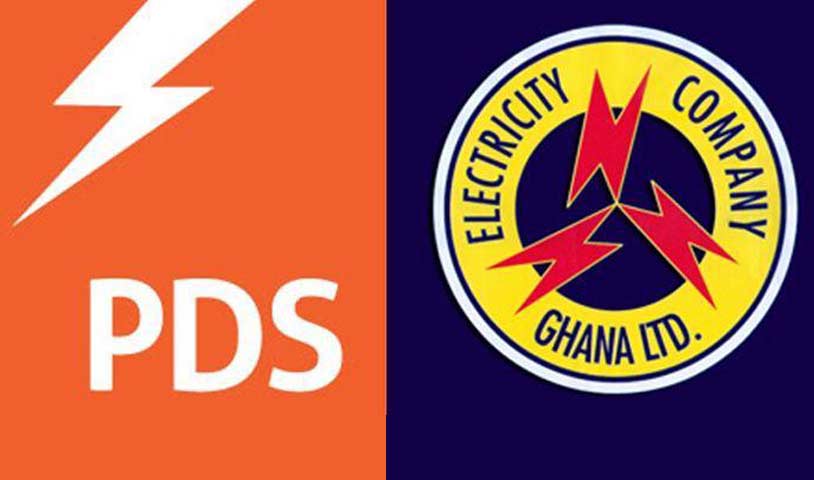…as Ghana Escapes $390m Liability
By Philip Antoh
A London-based international arbitration tribunal has delivered a damning verdict against Power Distribution Services Ghana Limited (PDS), rejecting its $390 million claim against the Electricity Company of Ghana (ECG) and vindicating the government’s decision to terminate the controversial concession agreement.
The ruling brings closure to a scandal that not only embarrassed the Akufo-Addo administration but also cost Ghana its access to the final tranche of the Millennium Challenge Compact (MCC) fund.
The tribunal’s decision confirms what critics of the PDS deal have long argued: that the transaction was marred by fraudulent guarantees and weak due diligence. In 2019, PDS took over ECG’s operations under a 20-year concession agreement, part of the MCC’s $498 million compact aimed at reforming Ghana’s energy sector. The deal was heralded by the government as a bold step toward privatization and efficiency.
But within months, ECG suspended the agreement after discovering that the payment guarantees submitted by PDS allegedly issued by Al Koot Insurance and Reinsurance of Qatar were forged. Investigations revealed that Al Koot had not authorized the documents, and subsequent rulings by Qatari courts, including the Court of Cassation, confirmed their fraudulent nature.
Despite this, PDS initiated arbitration in London, seeking $39.4 million in direct costs and $351.5 million in lost profits. ECG, represented by Omnia Strategy LLP and led by Cherie Blair KC, argued that the termination was justified and necessary to protect public interest.
The collapse of the PDS deal triggered a diplomatic and financial crisis. The Millennium Challenge Corporation, citing concerns over the integrity of the concession, withdrew the remaining $190 million of the compact funds earmarked for critical infrastructure upgrades.
The Akufo-Addo government faced intense scrutiny over its handling of the transaction, with opposition figures and civil society groups accusing officials of negligence and complicity.
The tribunal’s ruling, while a legal victory for ECG, underscores the broader failure of governance and oversight that allowed the fraudulent guarantees to pass initial scrutiny. It also raises questions about the vetting process for strategic national contracts and the role of political actors in fast-tracking deals without adequate safeguards.
While the tribunal sided with ECG, it also found that PDS held a genuine belief in the validity of the financial instruments and did not commit fraud. PDS said it considers itself vindicated on the core allegations and is reviewing the decision with legal counsel.
With the arbitration concluded, ECG is now free to refocus on domestic reforms. But the damage to Ghana’s credibility in international development circles remains. The loss of MCC funding has slowed progress on energy infrastructure, and the scandal has cast a long shadow over future public-private partnerships.
The ruling serves as a cautionary tale for governments navigating complex concession agreements. It highlights the need for rigorous due diligence, transparent procurement processes, and institutional independence principles that were compromised in the PDS affair.


